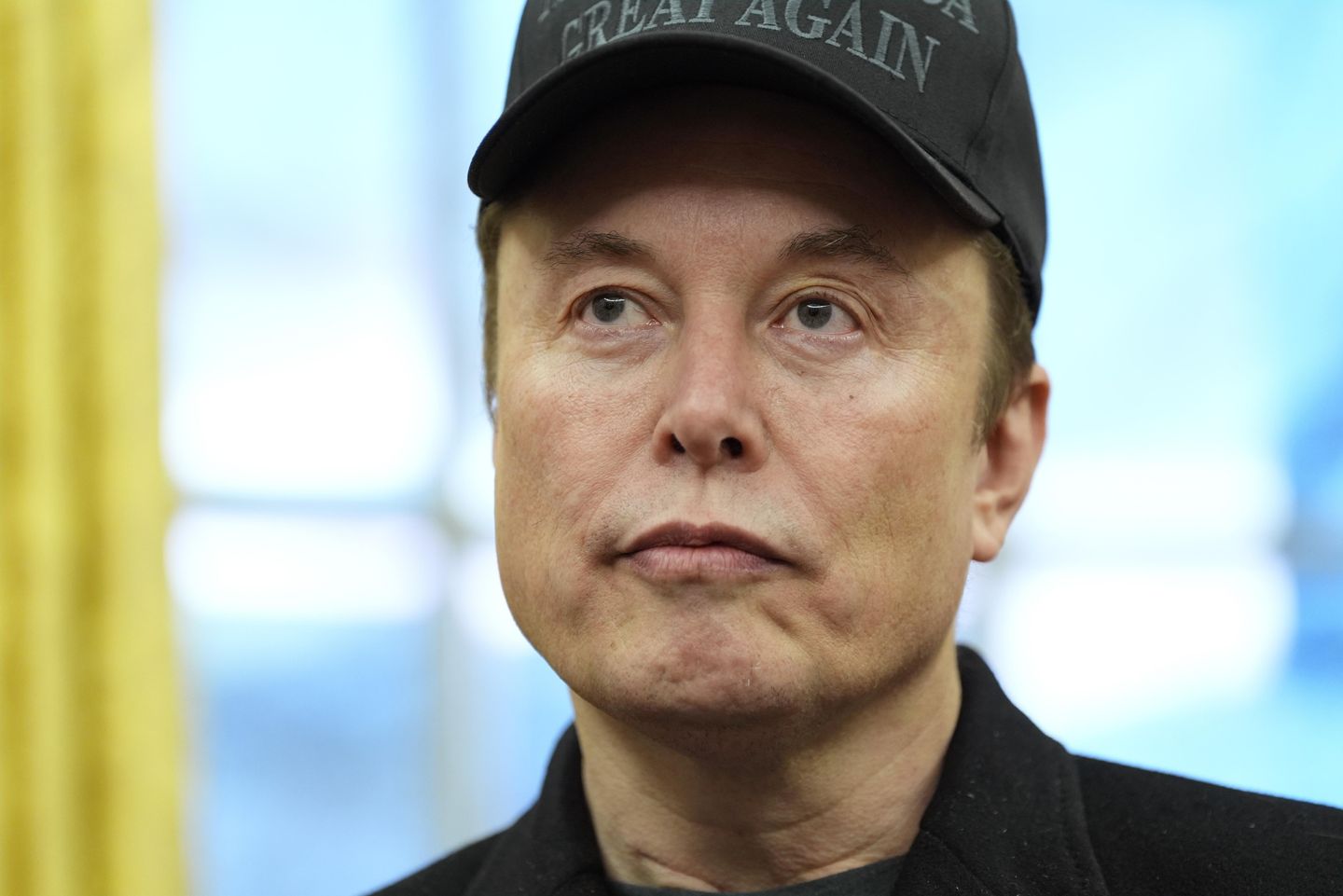In a recent announcement, Elon Musk, the visionary entrepreneur and CEO of SpaceX and Tesla, declared that a colossal cyberattack was the reason behind Monday’s X outages. This event has further underscored the growing threat that cyberattacks pose to corporations and governments worldwide, reinforcing the urgency for enhanced cybersecurity measures. This article aims to provide an in-depth exploration of this incident, shedding light on the details of the attack and its implications for the tech industry.
Elon Musk, a figurehead renowned for his groundbreaking innovations in the realms of electric vehicles, space travel, and renewable energy, is no stranger to the challenges and threats that come with operating at the technological frontier. His companies, SpaceX and Tesla, have been subject to various cyber threats over the years. However, the magnitude of Monday’s assault has sent ripples through the tech world, revealing the vulnerabilities even the most advanced systems face in the wake of sophisticated cyberattacks.
Monday’s X outages refer to the disruption of operations at many SpaceX facilities. The specifics of the affected services are yet to be clarified, but the impact was significant enough to warrant public acknowledgment by the company’s CEO. The exact nature of the ‘X’ in question – whether it represents a particular service or is a placeholder for undisclosed affected operations – remains shrouded in mystery. However, Musk confirmed that the cause of the outages was a cyberattack.
Cyberattacks are malicious attempts by hackers to damage, disrupt or gain unauthorized access to computer systems, networks, or data, often through the use of malicious software. The scale of such attacks can range from small-scale intrusions into personal computers to large-scale assaults on major corporations, government agencies, and even entire countries. In recent years, these attacks have become more frequent, more sophisticated, and more disruptive, prompting growing concern about the safety and security of digital infrastructure worldwide.
The cyberattack on Musk’s enterprises underscores this concern, demonstrating the vulnerability of even the most advanced and robust systems. It serves as a stark reminder of the potential disruptions and damages that cyberattacks can inflict on businesses, governments, and individuals alike.
The details of the attack on SpaceX are still unfolding. However, the fact that it caused significant disruptions to the company’s operations indicates its severity. It is unclear at this stage who is responsible for the attack, and what their motivations might be. Investigations are likely underway to identify the culprits and understand the full extent of the damage.
In a world increasingly reliant on digital networks and infrastructure, the threat posed by cyberattacks is ever-growing. The damage they inflict can be substantial, ranging from financial losses to the compromise of sensitive data and disruption of critical services. In the case of SpaceX, a company at the forefront of space exploration and satellite technology, the potential implications are vast. The disruption of its services could have wide-reaching effects on various sectors that rely on its technologies, from telecommunications to weather forecasting, defense, and more.
The incident also highlights the importance of cybersecurity, a field dedicated to protecting systems, networks, and data from cyber threats. With the escalating scale and sophistication of cyberattacks, the need for robust cybersecurity measures has never been greater. This includes not just technical solutions, but also legislative measures, collaboration between nations, and education and awareness among the general public.
Elon Musk’s announcement is a call to action for the tech industry and governments worldwide. It brings into focus the need for continuous innovation in cybersecurity to safeguard our increasingly digital world. As we venture deeper into the digital era, it is clear that cybersecurity must be a priority for all – from individuals to corporations and governments.
In summary, the recent cyberattack causing Monday’s X outages at SpaceX facilities is a stark reminder of the growing threat of cybercrime. While details about the attack remain unclear, the boldness of the strike against a company as technologically advanced as SpaceX underscores the need for relentless vigilance and innovation in the field of cybersecurity. As we continue to integrate our lives with digital technology, we must also commit to fortifying our defenses against those who seek to exploit it for malicious ends.
Elon Musk’s revelation, while disturbing, provides an opportunity for a much-needed conversation about the importance of cybersecurity in today’s digital age. With cyber threats unlikely to disappear anytime soon, the need for proactive measures, both in terms of technology and policy, is more urgent than ever. The cyberattack on SpaceX serves as a sobering reminder of this reality, calling for concerted efforts to bolster our digital defenses and ensure the security of our interconnected world.









